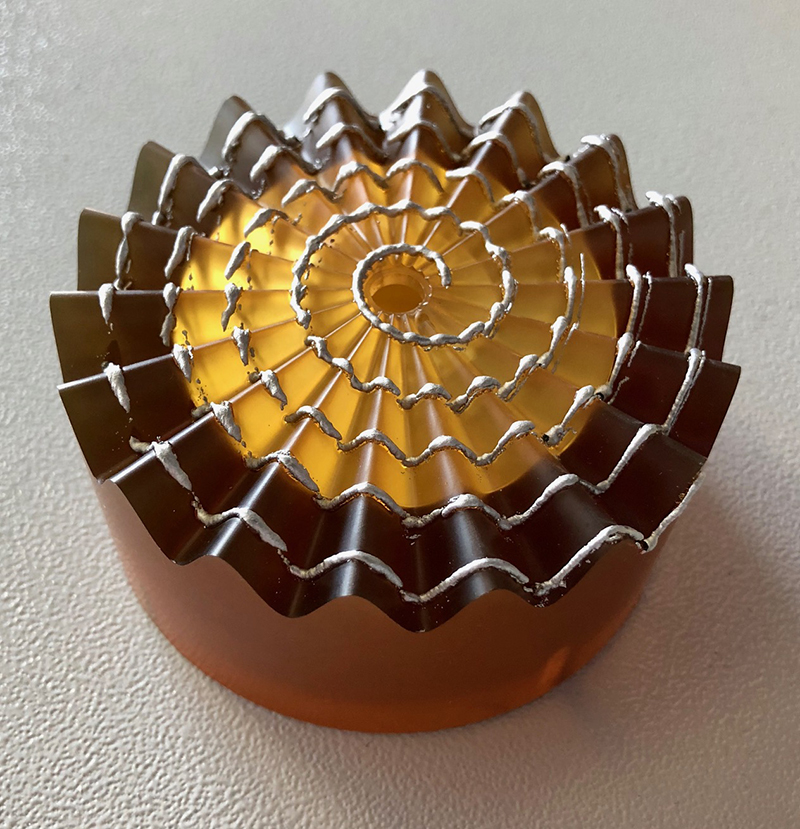Dr. Denis Cormier
Denis Cormier is the Earl W. Brinkman Professor of Industrial and Systems Engineering at RIT. He is also founder and director of the New York State supported Additive Manufacturing and Multifunctional Printing (AMPrint) Center. He has nearly 30 years of additive manufacturing (AM) experience, during which time he has been the principle investigator for nearly $25M in government and industry sponsored research projects.
Professor Cormier has made many noteworthy contributions to the AM community. For instance, he started designing engineered lattice structures all the way back in 1999. Engineered lattice structures are now widely used for light-weighting, heat exchangers, filters, etc. Around that same time, Professor Cormier was among the first faculty in the world to develop and teach a class dedicated to Rapid Prototyping (which is what 3DP/AM was typically called at the time). Professor Cormier came up with the idea of sintered supports for the Electron Beam Melting (EBM) process in ~2003 to prevent loose powder particles from charging and blowing away during processing. He also led much of the early aerospace material development efforts for the EBM process with materials such as TiAl3, GRCop-84, and numerous aluminum alloys. More recently, Professor Cormier has helped pioneer development of the metal jet printing (MJP) process that produces metal parts via jetting of molten metal droplets. He received the very first MJP machine ever produced by Vader Systems (subsequently acquired by Xerox), and he has numerous issued and pending patents involving MJP.
Professor Cormier's enthusiasm for developing innovative AM processes, materials, and applications is something that he loves to share with students of all ages. He teaches several advanced AM courses, and he has helped several of his students spin out startup companies.

I have been incredibly fortunate during my career to work with talented students who have gone on to do amazing things in academia and industry. It is so gratifying to see former students become the next generation of innovation leaders in the AM industry.

